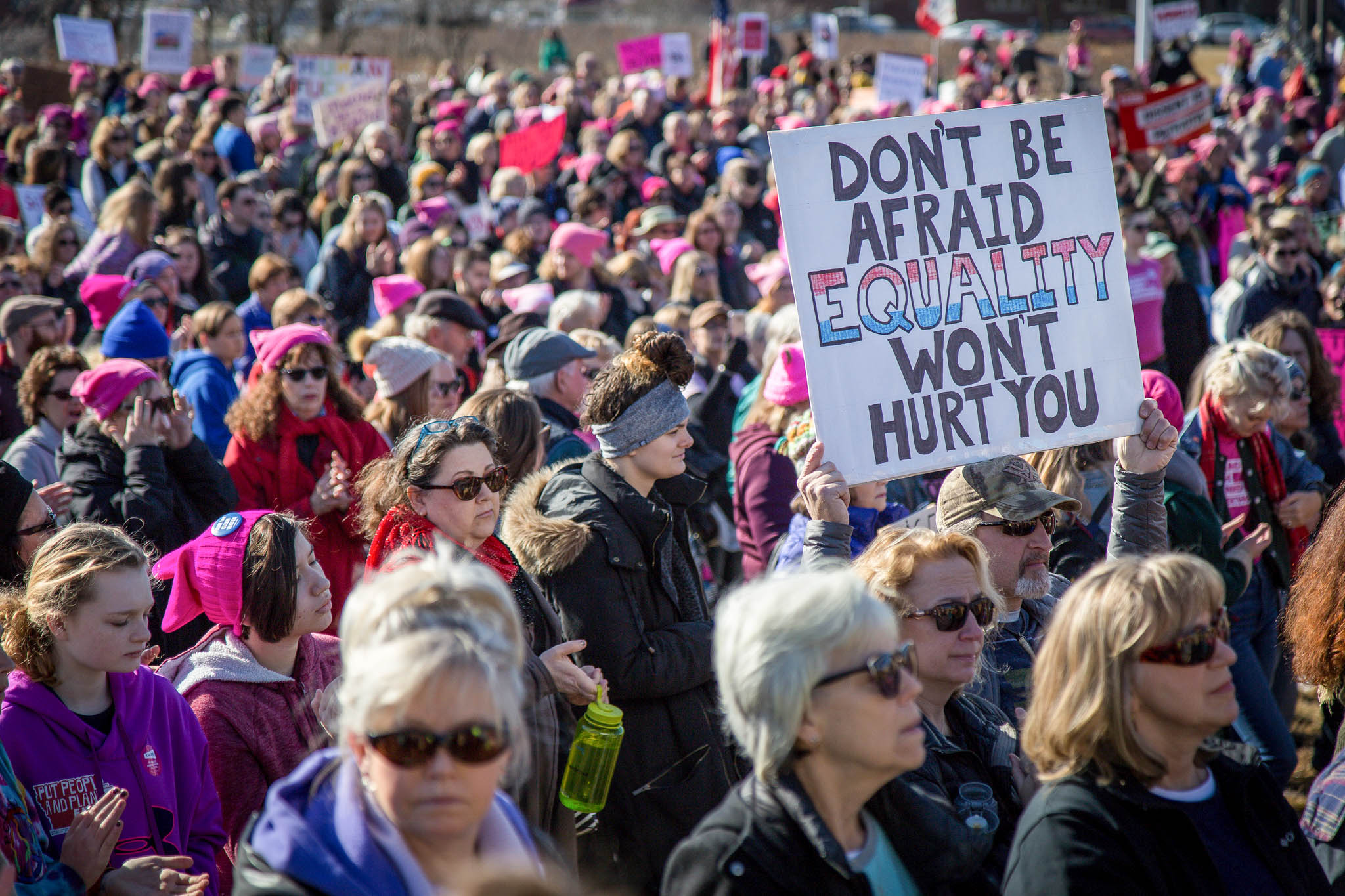Gillette released an advertisement on Jan. 13, that encouraged male viewers to revisit their manhood. This commercial was not an attack on masculinity, but instead a call to action among men of all ages.
The commercial opens with different moments in television, marketing and everyday life that almost praises sexual harassment and bullying. Gillette shows one of its older ads and questions their tagline, “The Best a Man Can Get.” Audiences are shown a young boy getting bullied both online and after school, a man talking over women in the workplace and an unnerving chant of “boys will be boys.”
Unfortunately, the ad has garnered a large amount of criticism, with people saying the ad is attacking masculinity. As a result, some viewers have taken to Twitter to #BoycottGillette.
However, the ad is not meant to attack masculinity overall, but rather to question toxic, dangerous masculinity — the kind of behavior and actions that lead to sexual harassment and violence.
“We’re not saying all guys are bad,” Vice President of Global Communications and Advocacy at Procter and Gamble Damon Jones said. “We’re not trying to misrepresent any one individual. What we’re saying is, as a collective group let’s have a little less bad behavior and more good. That’s the big message behind it.”
According to the Rape, Abuse & Incest National Network, 90 percent of adult rape victims are female, and every 98 seconds an American is sexually assaulted. RAINN also states that one out of every 10 rape victims is male.
“We are really saying, ‘You know what? It’s not okay to harass women. It’s not okay to catcall,'” Jones told Forbes. “It’s not okay to bully others.”
Rape is known to be the most under-reported crime — 63 percent of sexual assaults are not reported to police, according to the National Sexual Violence Resource Center. Bullying is also on the rise, with nearly 30 percent of U.S. students grades 6-12 experiencing bullying.
The ad should be viewed as a call to action as Gillette is aware that not all men are bad, just like not all women are bad. They simply desire a change and for men to take notice of their actions.
The commercial is not saying that society should raise boys to be “feminine,” but to remember that our boys will one day become men who will treat women with respect and dignity.
“I think [the commercial] takes more of an approach not to attack masculinity in general, but to speak out against dangerous masculinity,” junior English major Abygayle Gibson said.
As stated in the ad, young boys are observant and are watching what their fathers and role models do. The ad is not about men being “lectured” or “preached” to, but instead highlighting the need for men to set the best example for their boys. It is time for men reflect on what masculinity means to them and proceed with respect, accountability and maturity.


